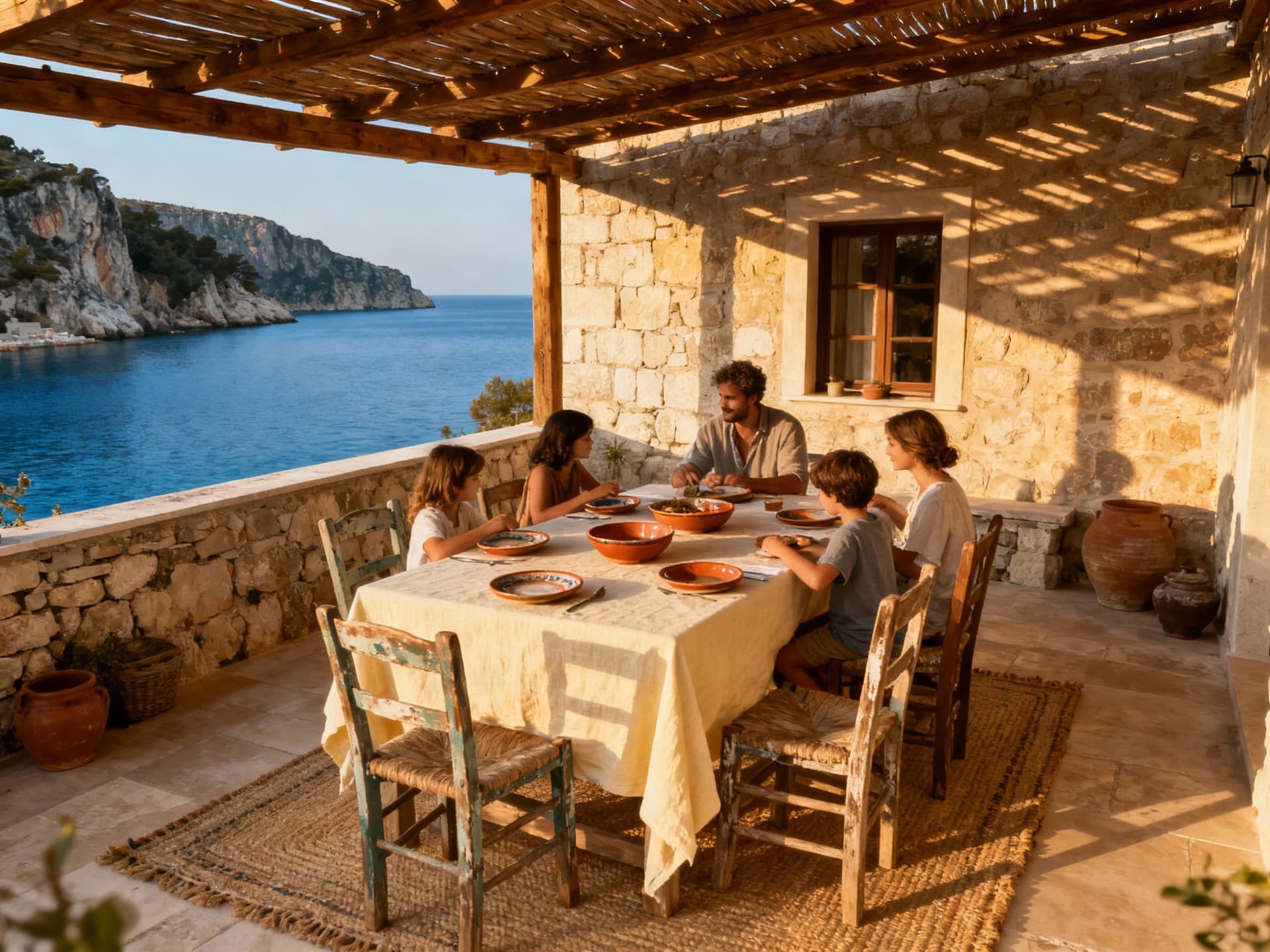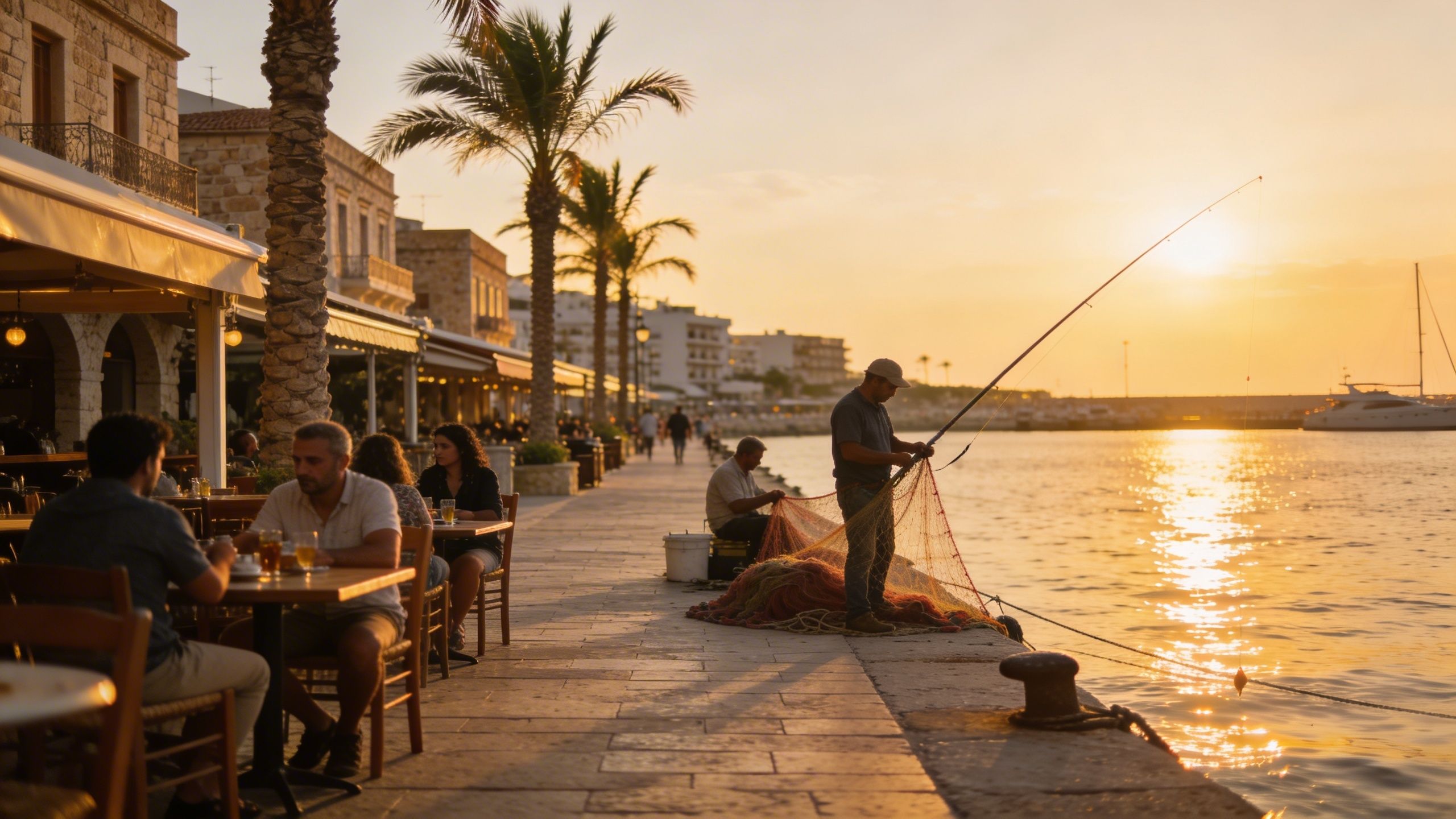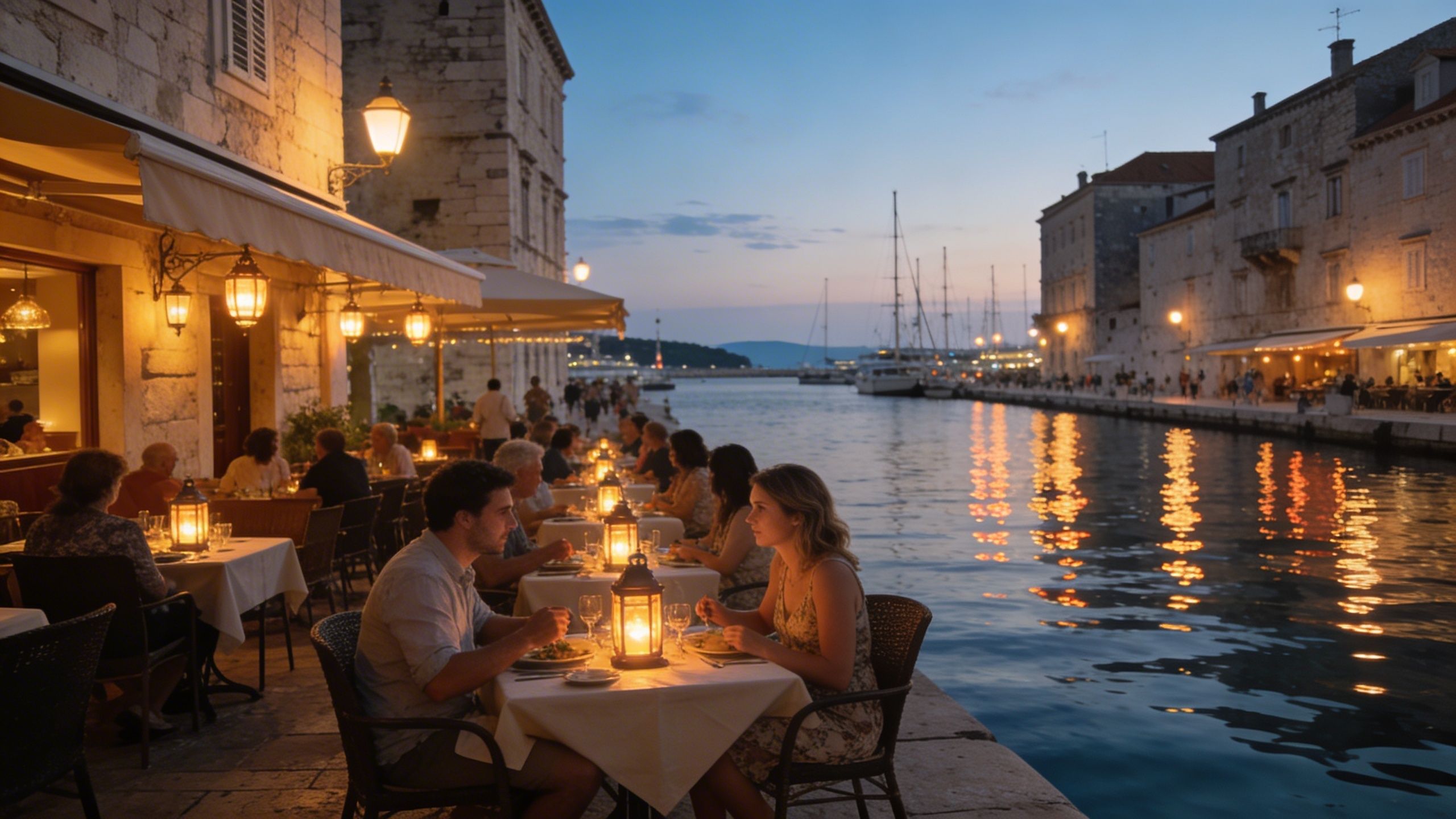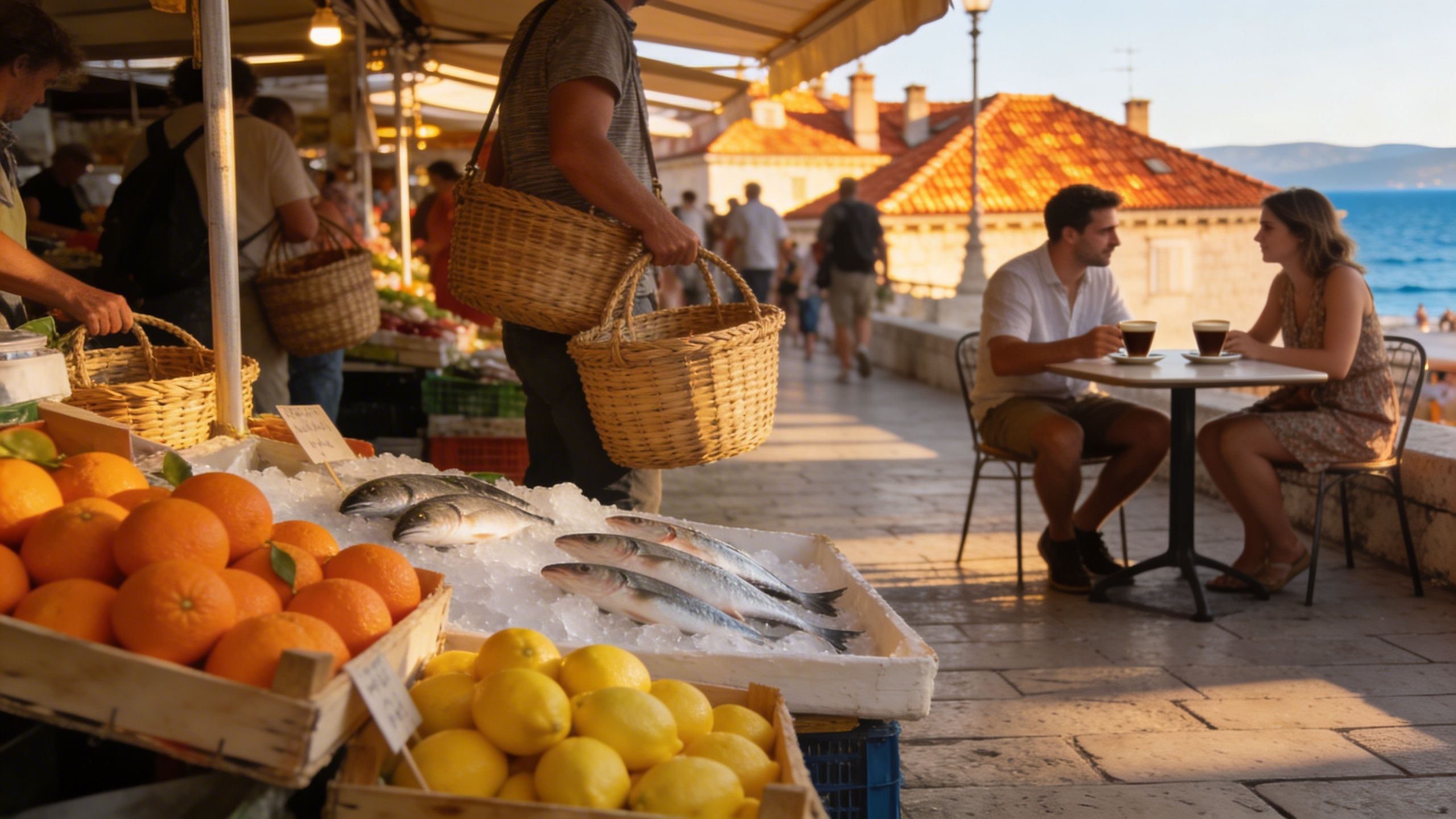Seasonal Protections: Insuring a Croatian Life, Not Just a House
How to protect your Croatian property and the lifestyle you want: season‑aware insurance, title checks, and contract clauses that preserve heritage and rental flexibility.
Imagine an early morning in Split: espresso steam rising on a narrow stone street, fishermen unloading at the Riva, and a neighbour sweeping the mosaic step of an 18th‑century townhouse. That daily choreography is what draws many of us to the Adriatic — a life measured in light, seasons and the quality of craft. For an international buyer this romance must be reconciled with risks: rising local prices, seasonal market distortions and the precise protections available to non‑resident owners.
Living the Croatian life: where you will belong

Croatia is various: the baroque intimacy of Dubrovnik’s Old Town, the human‑scale cafes of Zagreb’s Martićeva, and the fragrant pine groves that slope to coves on Hvar. Each place prescribes a way of living — morning markets and late dinners on the coast, a slower winter rhythm inland — and that rhythm should shape insurance choices and buyer protections. How you plan to use the property — year‑round residence, seasonal retreat or rental income — immediately alters what you need from an insurer and from the contract.
Coastal towns: seasonal glory, insurance consequences
On the Adriatic, life is shaped by summer and its commerce; towns that hum in July stand almost still in January. That seasonality raises two insurance issues: flood and storm exposure at the coast, and the higher likelihood of short‑term letting which insurers scrutinise. If you will rent part of the year, choose a policy that explicitly covers short‑term rental activity and the seasonal vacancy exposures that follow after the high season.
City life: Zagreb’s year‑round heartbeat
Zagreb offers a steadier tempo: municipal services, consistent rental demand from students and professionals, and a lower proportion of short‑term tourist lets. That stability usually translates to simpler insurance needs — fewer vacancy endorsements, different liability profiles — but it also means different legal protections when compared with island titles. Location informs the policy, and the policy should be written with the place in mind.
Making the move: practical protections that preserve the lifestyle

Romance without risk is an illusion. Recent policy signals and price momentum make it essential to pair lifestyle choices with contractual safeguards, tailored insurance and a local advisor who understands seasonal market pressure. Croatian house prices have climbed materially in recent years, which changes negotiation levers for buyers and underwriters alike. Protecting value is about title, use‑case clarity in contracts, and the right insurance endorsements.
Property types and the protections they need
A restored stone house in Istria poses different risks from a contemporary apartment in Split. Heritage restorations require specialist insurance that recognises original materials and craftsmen‑led repairs, while modern builds often have warranty programmes and clearer defect remedies. When you value provenance and craft, ensure policies cover restoration‑grade materials and that contracts allocate responsibility for concealed defects found after purchase.
Working with local experts who protect the life you want
A local notary and an agency familiar with Croatian municipal records will save weeks of frustration. Insurers will ask for precise property occupancy plans, and lawyers must draft clauses that reflect planned use — long‑term renting, seasonal letting, or full private occupation. Seek advisers who regularly close cross‑border deals and who can translate contracts into clear operational requirements for your property manager and insurer.
- 1. Confirm intended use and declare it to insurers and the notary. 2. Require vacancy and seasonal‑let endorsements for coastal properties. 3. Insist on heritage coverage for listed or stone properties. 4. Add third‑party liability that covers guests and renters year‑round. 5. Ensure the policy permits the local property manager to make emergency repairs.
Insider knowledge: what expats wish they’d known
Expats often recount two surprises: how quickly coastal prices can diverge from inland values, and how policy shifts targeting short‑term rentals change operating economics overnight. House price indices show strong recent increases nationally, with coastal areas among the faster‑rising segments. If you buy with rental income in mind, you must anticipate regulatory change and design contracts that allow operational flexibility should local rules tighten.
Cultural practicalities: language, neighbours and municipal mores
Croatians value local relationships; introductions matter more than documents at times. Learning basic Croatian phrases and attending the weekly market in towns like Rovinj or Trogir will accelerate trust. For insurance and legal matters, a translator or bilingual lawyer prevents misunderstandings that are costly later — particularly around building permissions and coastal setbacks.
Long‑term stewardship: how life evolves after purchase
Think in decades. Materials breathe differently by the sea; maintenance schedules and insurance premiums reflect that reality. As you move from owner to steward, prioritise policies that cover gradual deterioration and agreed‑value limits for artisan restorations. A modest increase in premium often preserves architectural integrity and prevents irreversible loss of provenance.
- Local steps to tighten protection: • Register clear title and request cadastral extracts early. • Require seller warranties for concealed construction defects. • Add seasonal vacancy clauses if the property will be empty off‑season. • Use escrow with staged releases tied to survey milestones. • Insist on insurer confirmation in writing that short‑term letting is covered before marketing the property.
Croatia offers a singular daily life; its market demands respect. Prices have risen substantially in recent quarters, and legislative attention to property taxation and tourist lets changes the operating landscape for owners. Match the lifestyle you seek with contracts and policies that reflect local seasonality, materiality and regulation. Begin with a local notary, an insurer that knows coastal risks and an agency that understands what it means to live there, not merely to own.
If you feel the pull of Croatia — a piazza espresso in the morning, an evening walk to a limestone cove — take the next practical step: ask an advisor for a use‑case audit (residence vs rental), a title check and an insurance pre‑quote. These three short actions keep the romance vivid while the transaction is kept sober and secure.
Dutch former researcher who moved to Lisbon, specialising in investment strategy, heritage preservation, and cross-border portfolio stewardship.


